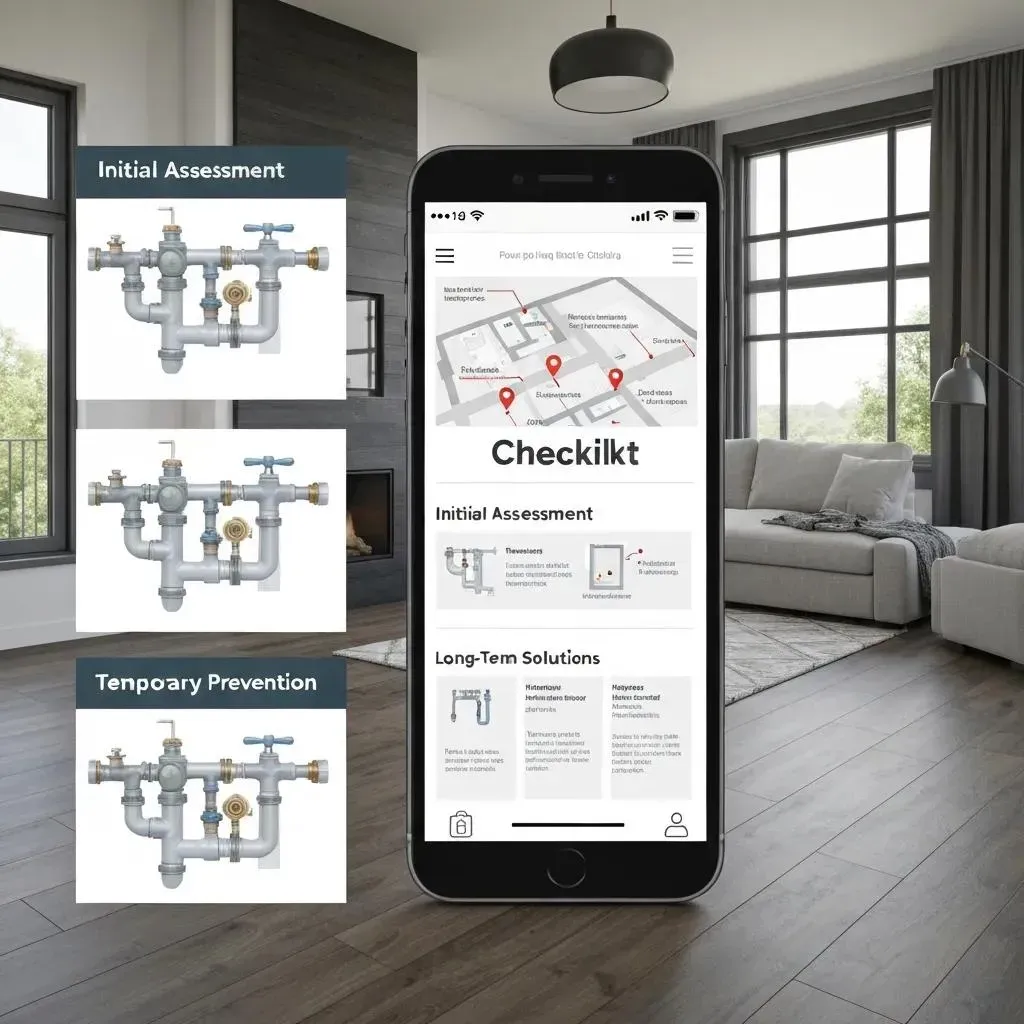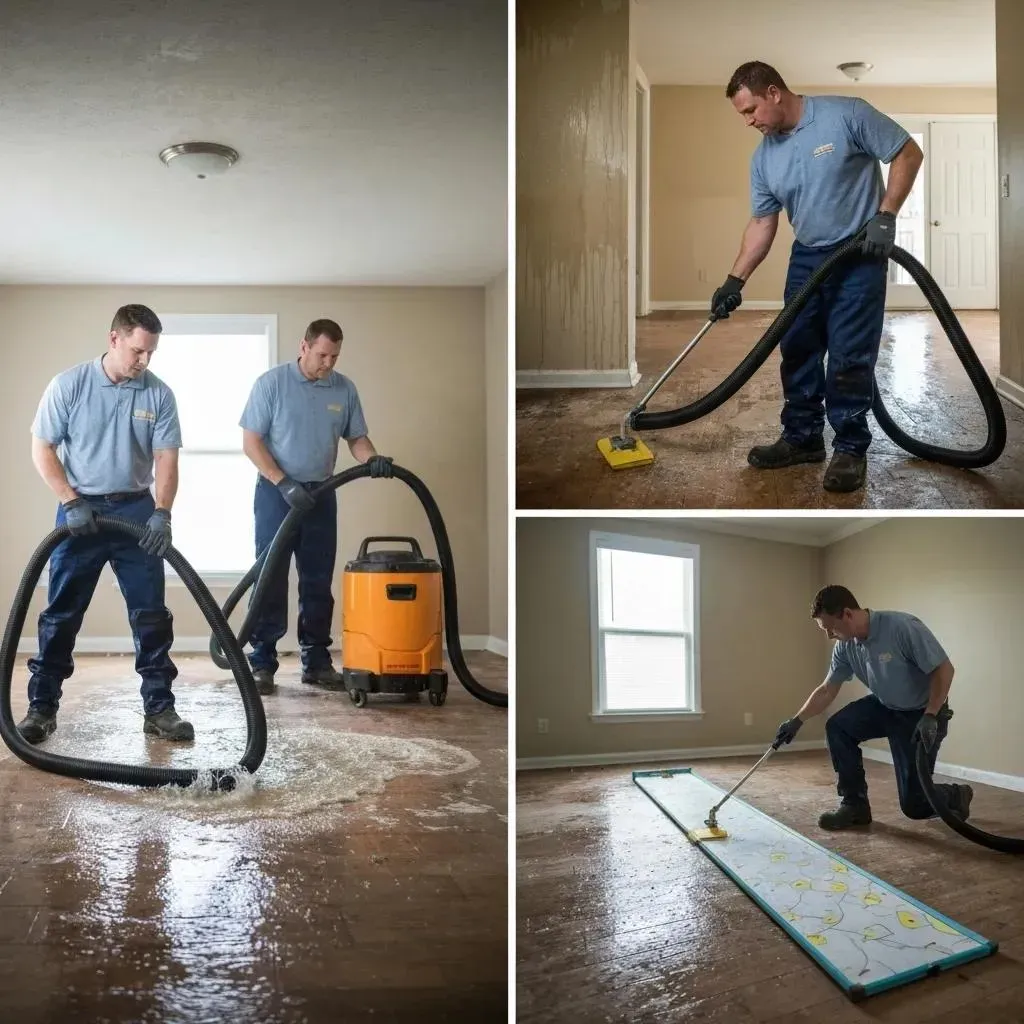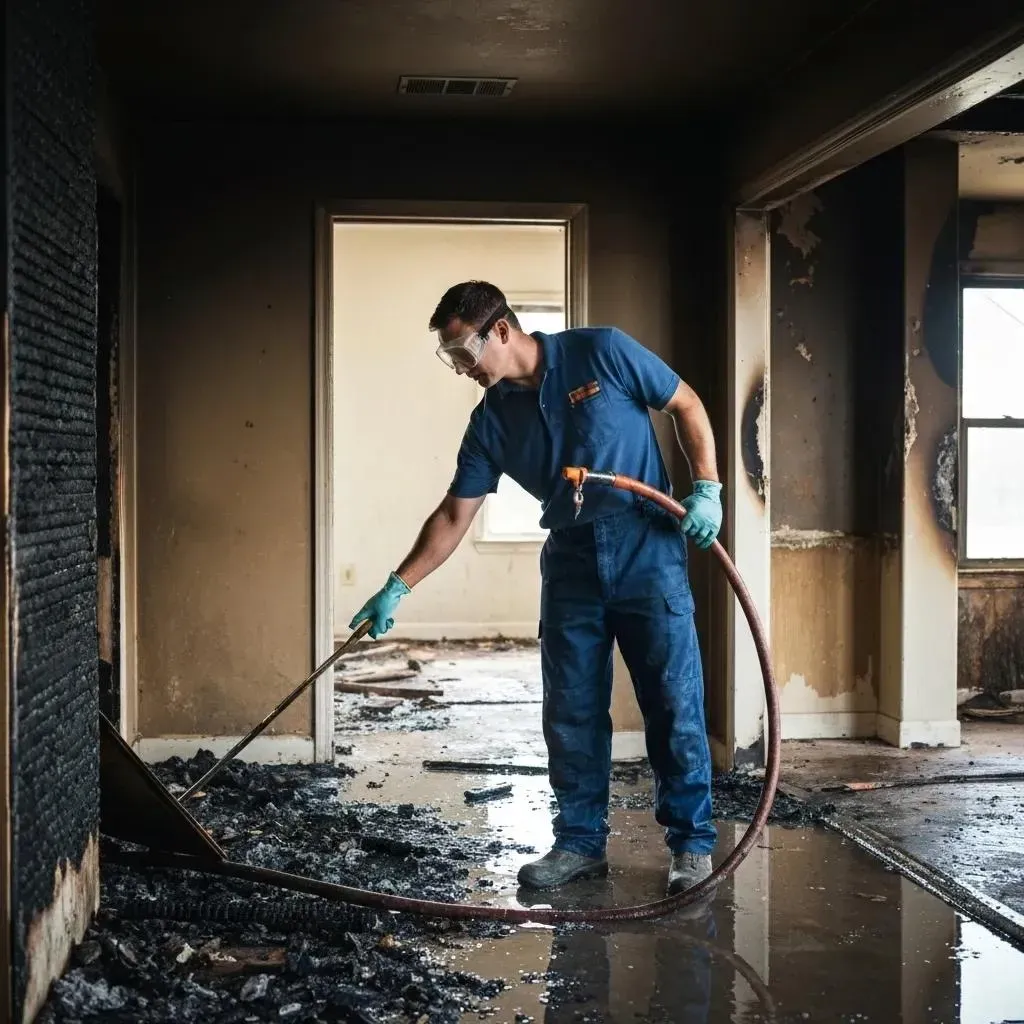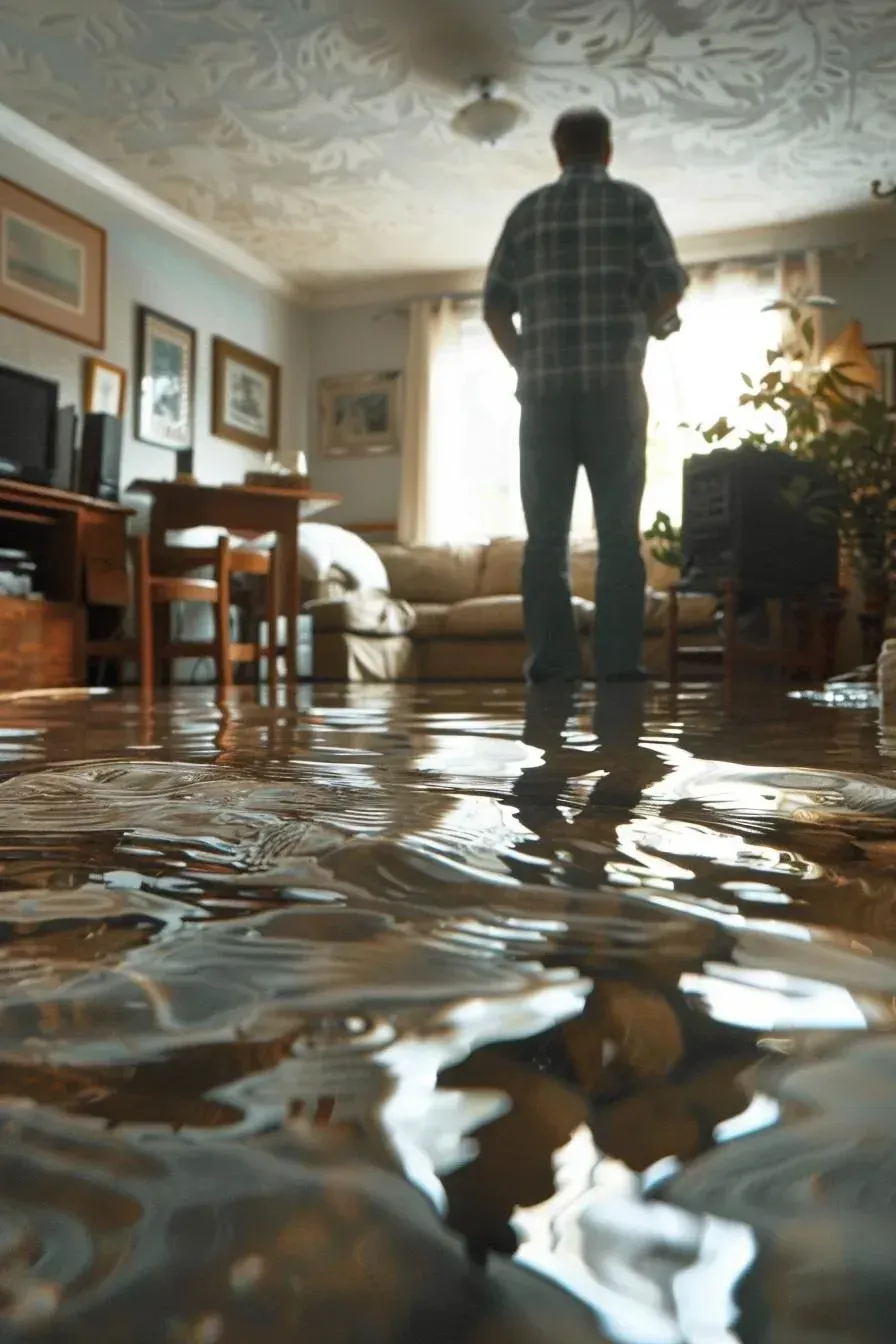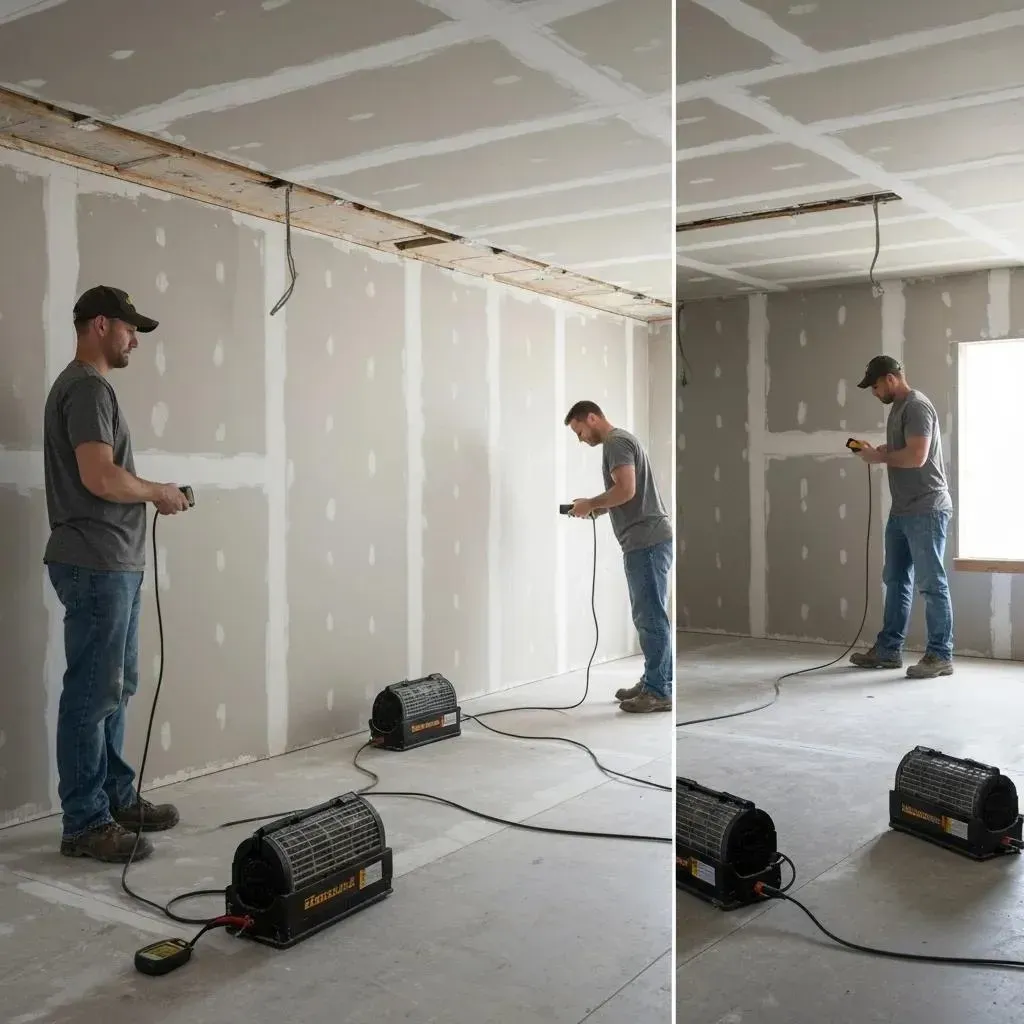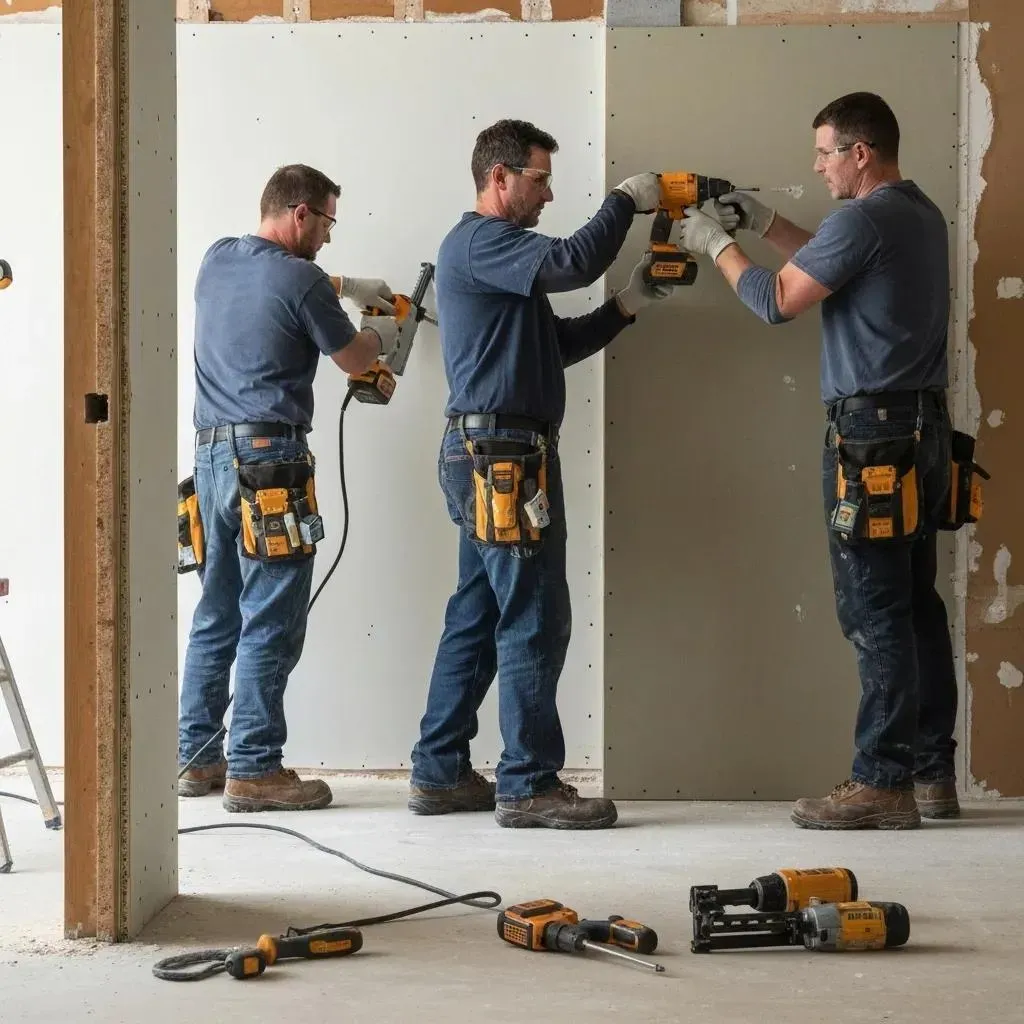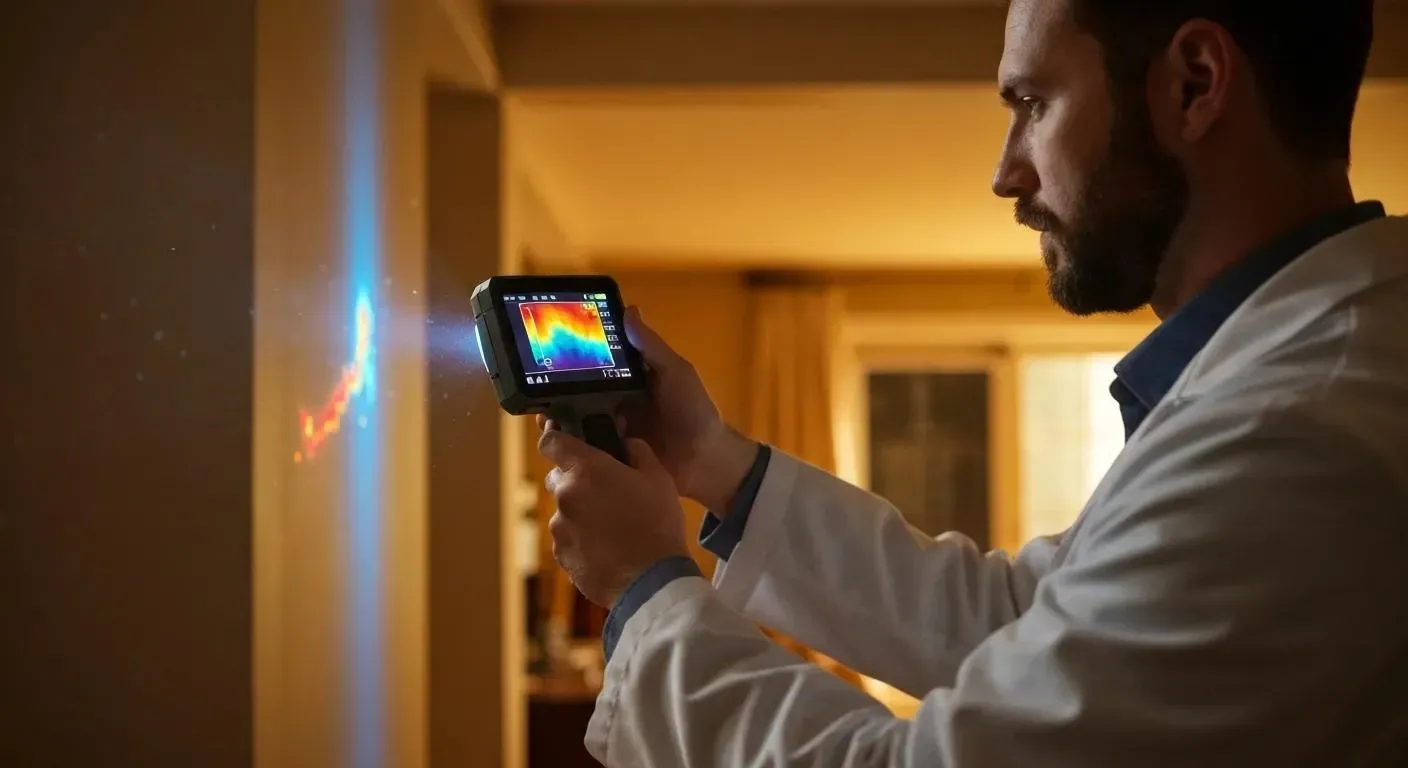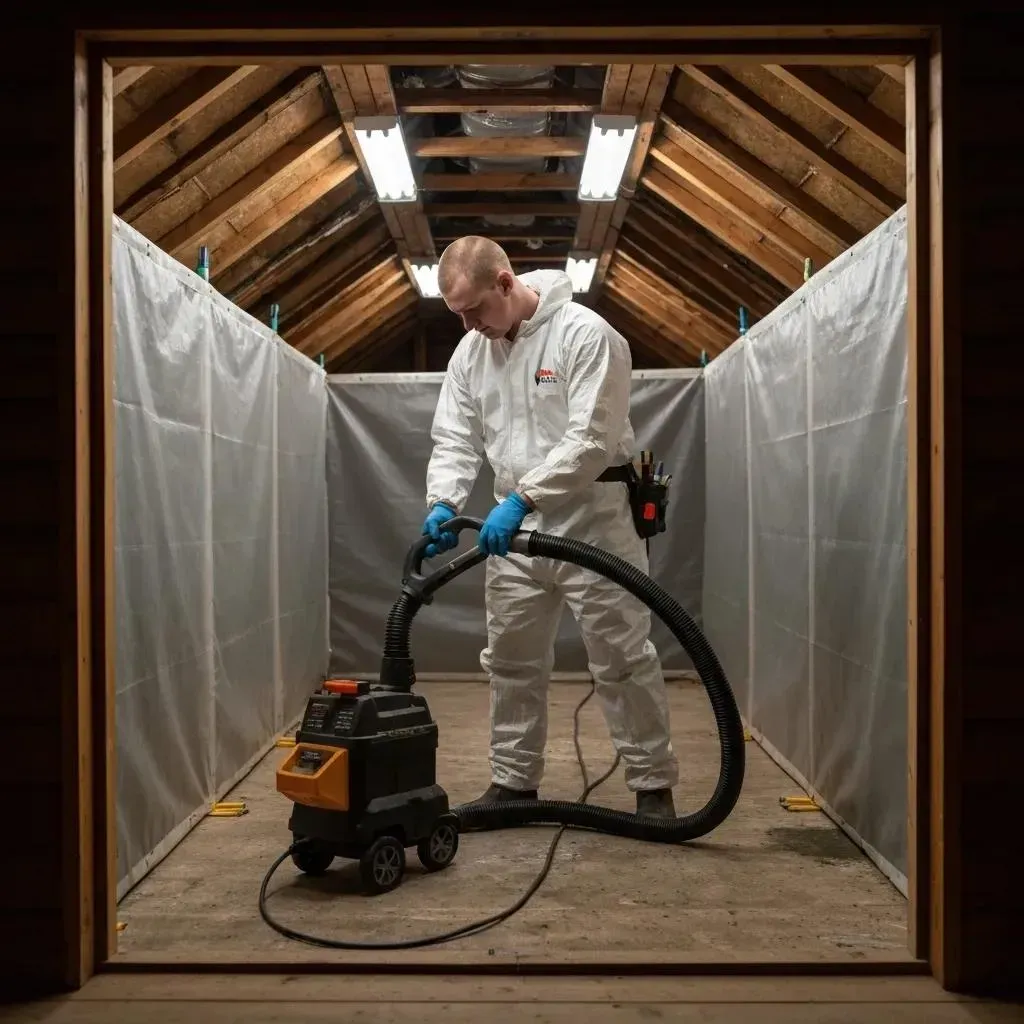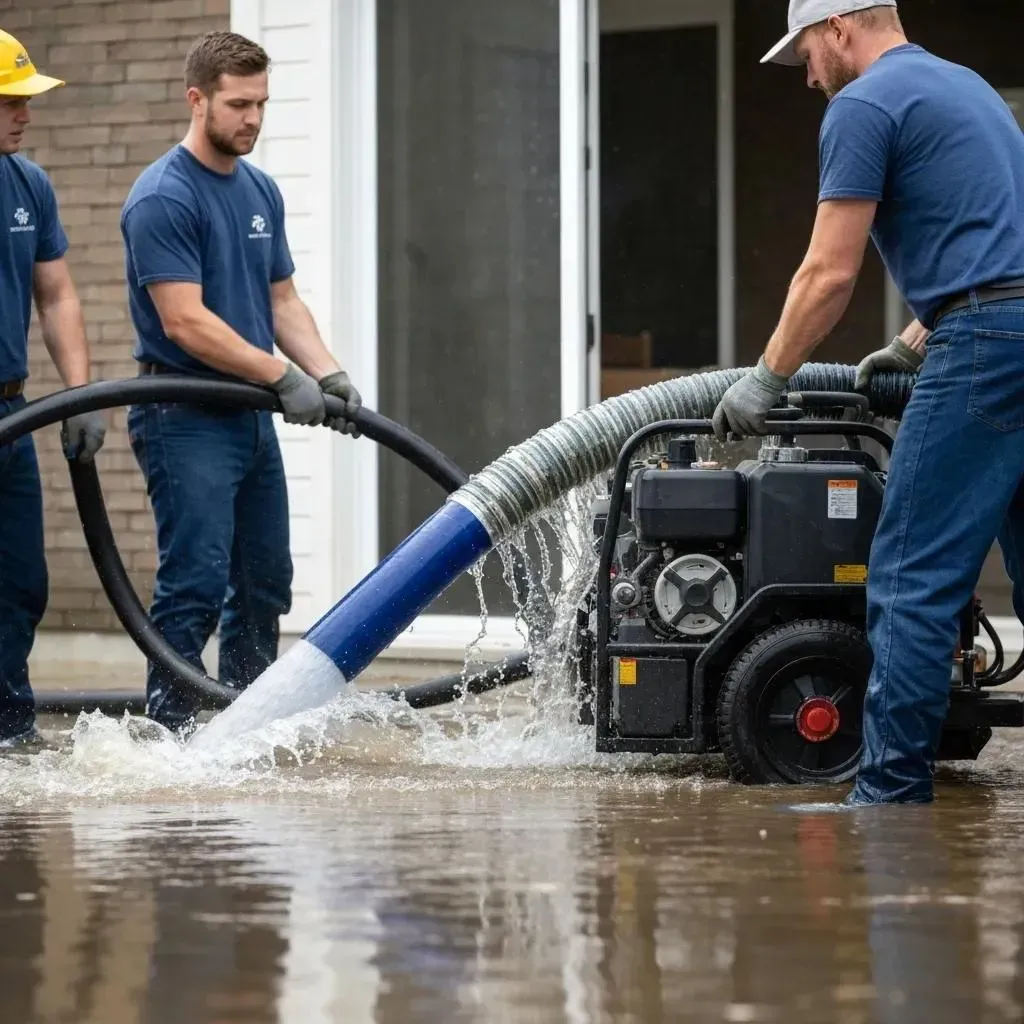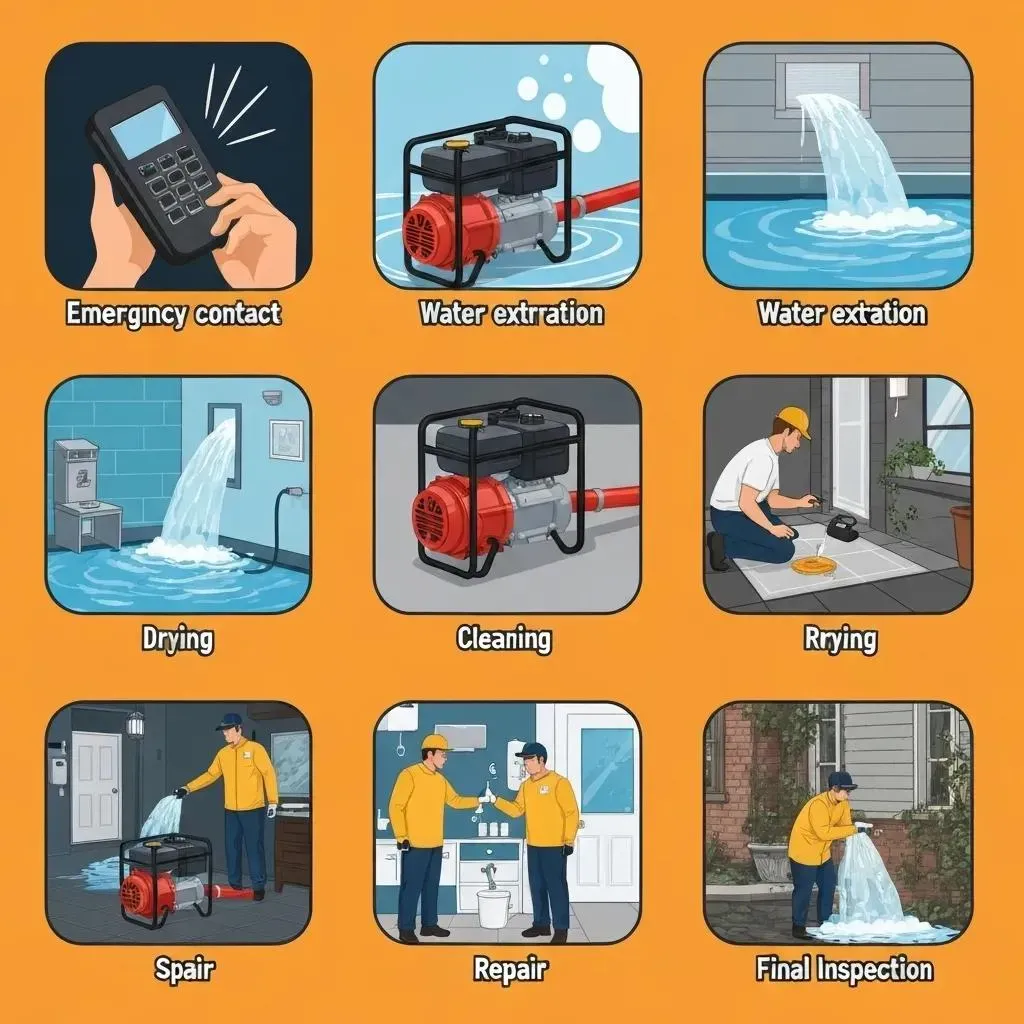Blog
Why DIY Water Restoration May Be Riskier Than Hiring a Pro in Denver
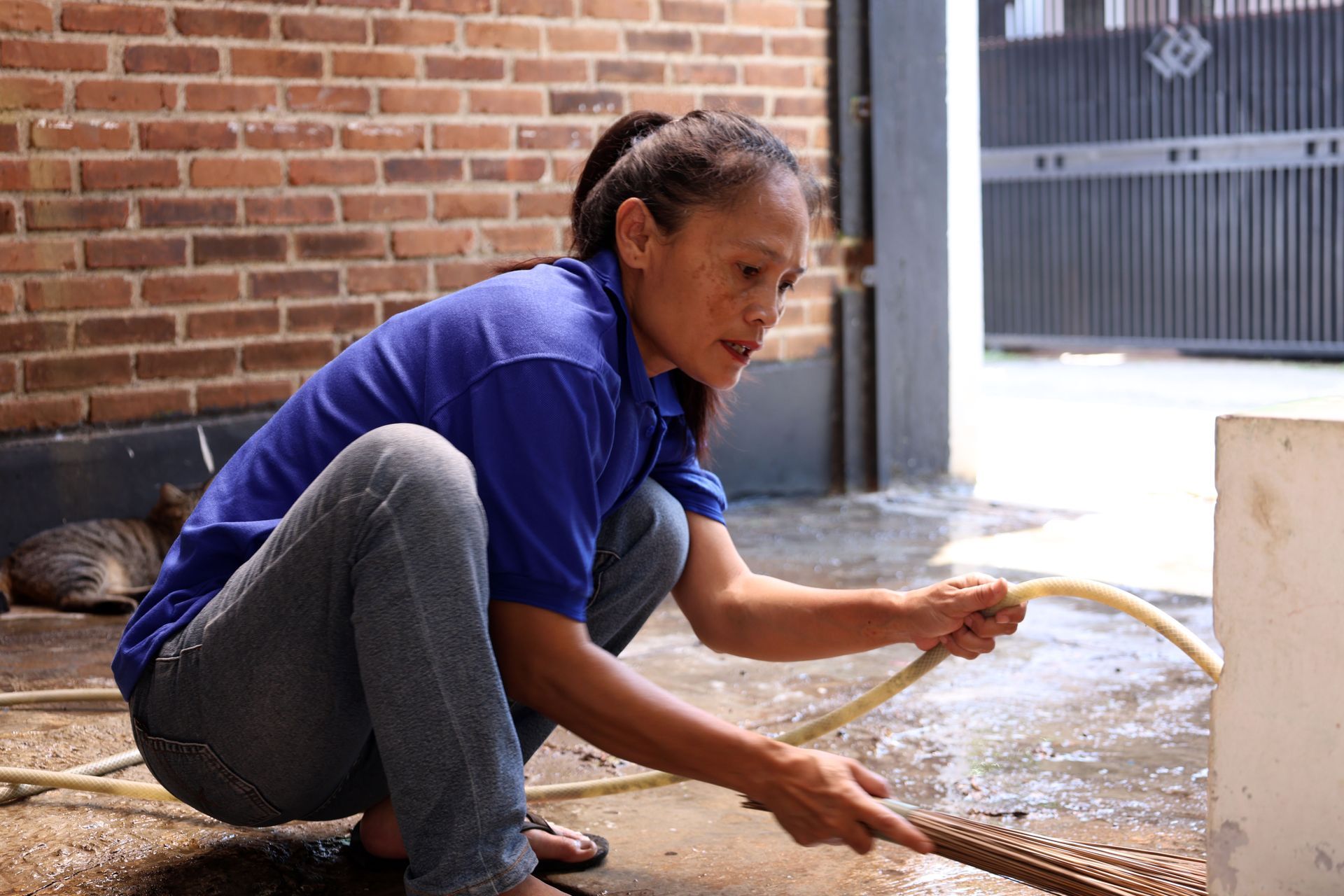
Not long ago, a homeowner in Denver called us after attempting to clean up water damage in their basement by themselves. They thought renting a couple of fans and using a shop vac would do the trick. But two weeks later, the musty smell wouldn’t go away—and when we arrived, we found mold had already spread behind the walls. The DIY cleanup ended up costing them more in repairs than if they had called a professional from the start.
According to FEMA, mold can start growing within just 24 to 48 hours after water damage. That means even a small delay—or missing moisture trapped beneath flooring or inside drywall—can create bigger problems fast. Unfortunately, many homeowners underestimate how tricky water damage restoration really is.
If you're wondering whether to handle cleanup yourself or call in a pro, this article will break down the facts. Let’s look at the key differences between DIY vs. professional water restoration, and why getting expert help in Denver often makes the most sense.
Missed Moisture Can Lead to Mold
Most homeowners think that once the visible water is gone, the job is done. But water can hide in materials you can’t easily see or touch. If that moisture isn’t removed completely, it creates the perfect conditions for mold to grow.
Why It’s a Problem
Moisture left behind in insulation, subfloors, or behind drywall becomes a perfect environment for mold. Mold spreads quickly, damages building materials, and can cause health issues like allergies or respiratory problems. Worse, the mold can stay hidden for weeks or months before it shows up—and by then, it’s already spread.
How Pros Handle It
Professional restoration teams use advanced tools like thermal imaging cameras and moisture meters to detect hidden water. They don’t guess—they measure. Then, they use industrial-strength air movers, dehumidifiers, and drying mats to draw moisture out of building materials. This ensures your home is thoroughly dried and safe from mold growth.
Incomplete Cleanup Can Compromise Safety
A major risk of DIY cleanup is failing to clean and sanitize properly. Just because an area looks dry doesn’t mean it’s clean—or safe.
Hidden Dangers
Water from dishwashers, toilets, or floodwaters often carries bacteria, sewage, or chemicals. If you don’t know the category of water you’re dealing with (clean, gray, or black), you risk leaving harmful contaminants behind. These can cause odors, staining, or serious health risks if not properly treated.
What Professionals Do Differently
Certified technicians are trained to assess the contamination level of the water and respond appropriately. They use personal protective equipment (PPE), apply EPA-approved disinfectants, and remove any materials that can't be saved. They also follow strict drying and cleaning protocols based on IICRC industry standards to restore your home safely and correctly.
Insurance Claims Get Complicated
Even if you think DIY is cheaper, it can hurt your insurance claim. Water damage restoration isn’t just about drying out a room—it’s also about providing the paperwork your insurance company needs.
DIY Can Backfire
If you don't dry everything properly and mold shows up later, your insurance provider might say you didn’t do enough to prevent further damage. They could deny the claim or limit the amount they’ll cover. Even worse, doing the work yourself without documentation can make it hard to prove the extent of the damage or justify your repair costs.
Professionals Provide Documentation
A reputable restoration company will create detailed reports, photo documentation, and line-item estimates. This not only supports your claim but helps ensure that you get the full amount you’re owed. They can also speak directly with your adjuster and speed up the approval process, so you’re not left waiting for reimbursement.
Frequently Asked Questions
1. How much does professional water damage restoration typically cost in Denver?
Costs vary based on the severity and size of the damage, but homeowners can expect to pay anywhere from $1,000 to $5,000 for typical water restoration jobs in Denver.
2. Is it safe to stay in my home during water damage cleanup?
It depends on the extent of the damage and water category involved. For gray or black water, temporary relocation may be safer until cleanup and sanitization are complete.
3. How soon should I call for help after noticing water damage?
You should call a professional restoration service immediately—within the first 24 hours is ideal to prevent mold growth and further damage.
4. Will water damage restoration fix odors in my home?
Yes, professional restoration includes deodorization services that remove lingering smells caused by moisture, mold, or contaminated water.
How Accountable Home Services Can Help You
At Accountable Home Services, we specialize in fast, reliable water damage restoration for homeowners in Denver, CO. Whether it’s a small leak or a flooded basement, our team brings the tools, training, and experience to get the job done right the first time.
Here’s how we help:
- 24/7 emergency water removal and drying
- Mold detection and remediation
- Sanitization and odor removal
- Thermal imaging and moisture detection
- Insurance claim assistance and documentation
We know that water damage is stressful—but trying to handle it alone only adds to the risk. Don’t let a DIY job turn into a bigger disaster.
Call Accountable Home Services today at (720) 620-3272 or visit us at 1347 E 73rd Ave, Denver, CO 80229. We’ll help you protect your home and your peace of mind.

